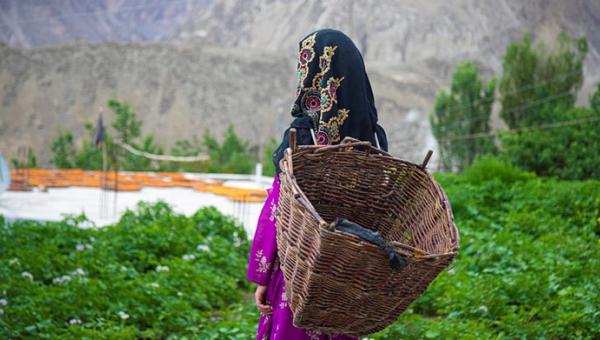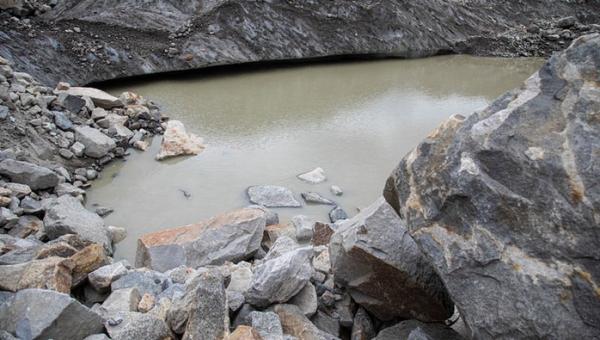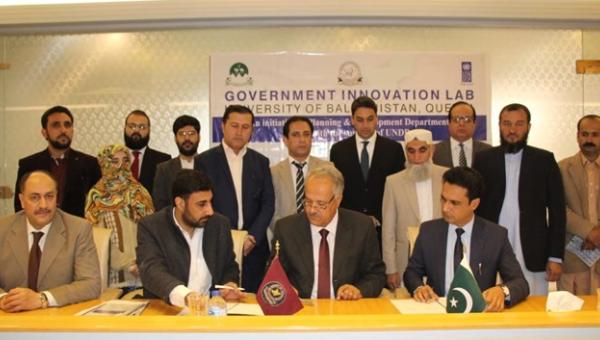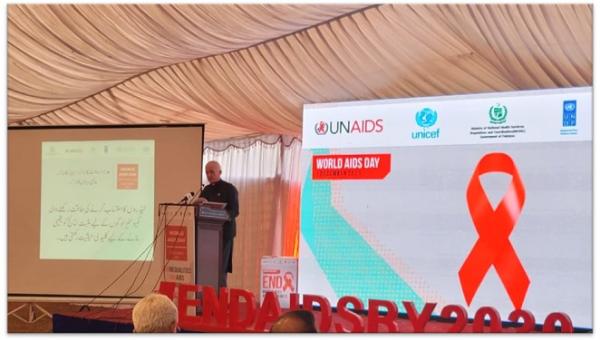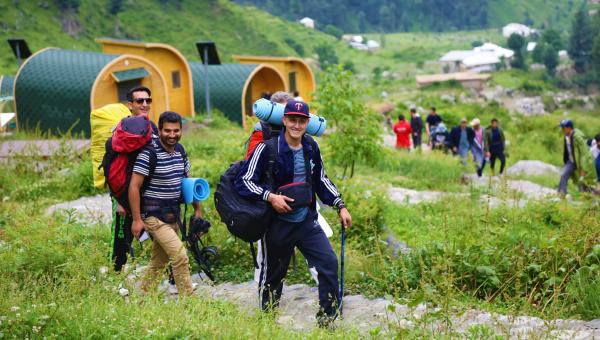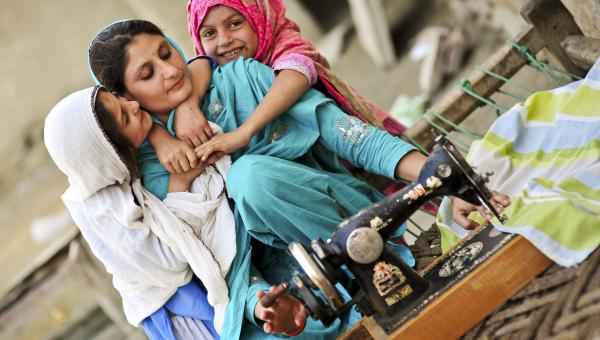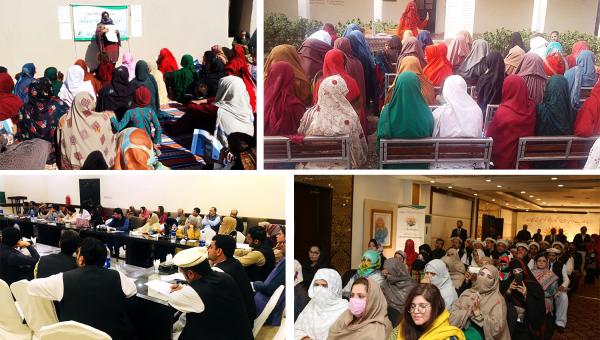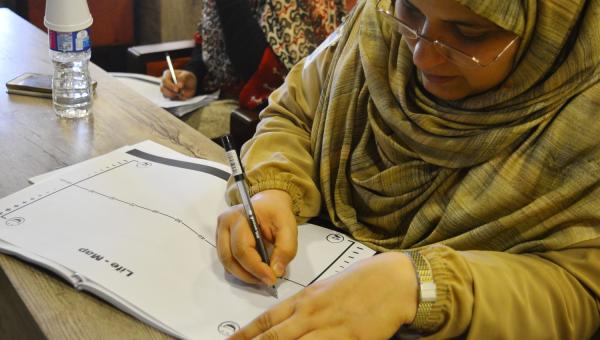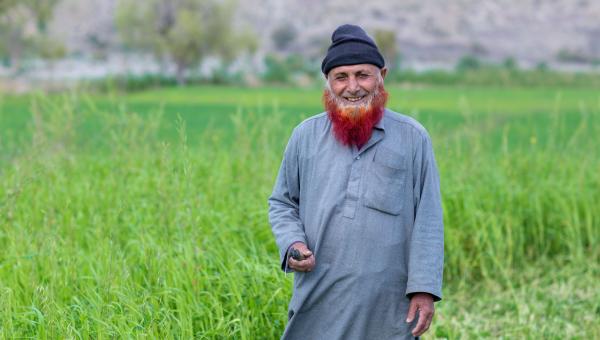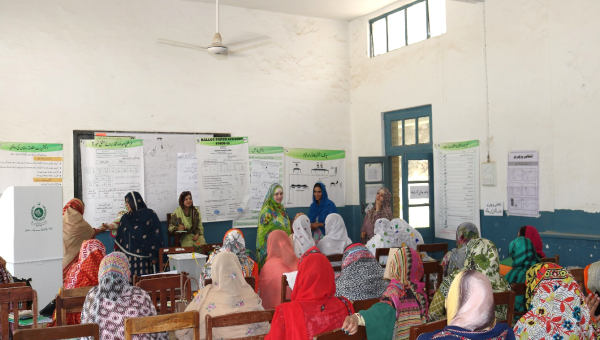
Development Policy
The Development Policy Unit (DPU) was established in 2013 with the mandate to undertake policy research and provide policy advisory support to Government and Development Partners.
Our focus is on three key areas:
- Analysis, Evidence and Strategy:
- Undertake evidence-based research
- Produce programme and policy analytics
- Develop strategic programme frameworks
- Policy Advocacy and Advisory Support
- Articulate and advocate key issues, trends, and solutions on major developmental challenges
- Strengthen UNDP’s upstream policy advisory and technical support to the Government and Development Partners on public policy issues
- Partnerships and Programmes
- Serve as a solutions exchange hub for key partnerships and programmes
- Convene and catalyse Government, Development Partners, UN agencies, UNDP Asia-Pacific Bureau, international development thought and policy institutes, etc.
National
Human Development Report 2020
focusing on inequality, launched
Gender
Mainstreaming Framework
developed for the national SDG programme
Financing
for Development
portfolio developed to mobilize private sector investments for climate finance and SDGs
The DPU Portfolio consists of two projects:
- Mainstreaming Acceleration and Policy Support for SDGs (MAPS for SDGs): To support localization of SDGs at national and sub-national levels with a focus on institutional coordination, policy mainstreaming, data for monitoring, budgeting and financing, private sector engagement, awareness raising and innovation.
- Policy Support Programme (PSP): To support policy reforms through evidence-based research and policy dialogues. The project also produces development evidence and advocacy publications including National Human Development Report and quarterly Development Advocate Pakistan.
Our thematic focus includes mainstreaming and localizing the Sustainable Development Goals, Financing for Development, urban development and resilience, regional connectivity, mainstreaming gender and social inclusion, innovation for development, digital transformation, and COVID-19 recovery and resilience.
DPU employs a ‘whole of society’ approach, with key partnerships with government, parliament, and policymakers; the federal and regional SDG Units; the ONE UN system, including the UN SDG Taskforce; CSOs and private sector; and development partners. Many of our initiatives also leverage the Social Innovation Platform, which employs a ‘portfolio approach’ to bring together a variety of stakeholders, methods, and interventions to address development challenges for greater systemic change, through deep listening and co-designing together with target communities.
The geographical coverage and impact of the DPU portfolio spreads across the country. The unit has a field presence at the Federal level as well as in all four provinces of Punjab, Sindh, Khyber Pakhtunkhwa, and Balochistan, and the two special regions of Pakistan Administered Kashmir and Gilgit-Baltistan.
Policy Support Programme
Summary
The Policy Support Programme is designed to provide upstream policy advisory support to the Government of Pakistan and our development partners through evidence-based research, technical assistance, dialogue, communications and advocacy initiatives.
Objectives
Established in 2013, the programme’s objectives include:
- Strengthening UNDP’s upstream policy advisory and technical support to the Government and Development Partners on public policy issues.
- Expanding national and sub-national capacities through evidence-based research, programme and policy analytics, and the development of strategic programme frameworks.
- Serving as a solutions-exchange hub for key partnerships and programmes by convening and catalyzing Government, development partners, UN agencies, UNDP Asia-Pacific Bureau, UNDP Headquarters New York, as well as international development thought and policy institutes, etc.
Thematic Focus
Policy Research and Advocacy: The Policy Support Programme focuses on evidence-based policy research, programme and policy analytics, and providing policy advocacy advisory to the Government and development partners. To this end, our flagship publication, the Pakistan National Human Development Report 2020 on Inequality provided significant data and policy articulation related to inequality in the country. We also produce quarterly issues of the Development Advocate Pakistan. The report and the policy sessions around it provide a platform to thought and policy actors to present sector expert analyses on major development trends in Pakistan.
Financing for Development: We are creating strategic partnerships with international investors looking for impact investments, with a focus on amplifying targeted sustainable development. This has included technical assistance to the Ministry of Foreign Affairs to present Pakistan’s country portfolio at the Global SDG Investment Fairs 2021, establishing the Insurance and Risk Finance Facility (IRFF) led by UNDP New York Headquarters’ Finance Sector Hub, and signing a Joint Statement with Ministries of Climate Change, Finance and Economic Affairs and selected development partners expressing interest to work on Nature Based Financing Solutions.
Urban Resilience: DPU is leveraging the Social Innovation Platform approach and analysis to find innovative solutions to address urban resilience and development challenges for marginalized and migrant communities. This has included collaboration with the Rawalpindi Development Authority to develop an urban resilience roadmap for Rawalpindi, and related pilot interventions including water conservation and recycling in the hospitality sector, mosques, and urban forests. In addition, we partnered with the Institute of Business Administration (IBA) Karachi on a pilot study on Urban Resilience to strengthen the inclusion and resilience of migrants, displaced people and host communities in informal urban settlements in Karachi.
Digital Transformation: UNDP is focusing on Digital Transformation, entailing a mix of policy research, communication and advocacy, as well as piloting and prototyping demand-driven digital solutions around e-governance. Work on the next National Human Development Report 2023 on Digital Transformation has commenced, which will be done alongside a programmatic focus on Innovation for Development through digital transformation initiatives.
Regional Connectivity: DPU aims to expand programming on economic stabilization, inclusion, and resilience, both geographically (to border districts in Balochistan and Khyber Pakhtunkhwa) and programmatically (to include regional connectivity). To reinforce the latter, we will support cross-border connectivity and cooperation in the context of the Afghanistan-Pakistan-Iran border through a study focusing on strengthening governance, capacity building, trade facilitation, human mobility, and opportunity creation.
Project Outcome
Since its inception, the programme has generated policy debate and influenced policy action on Pakistan’s most pressing development challenges. In partnership with the government and development partners, it has contributed to development policy planning in areas of poverty & inequality, the youth bulge, urbanization and crisis resilience, governance, environment, and climate change, strengthening capacities in generating inclusive and sustainable economic growth, and advancing the role of innovation in policymaking to generate development solutions.
The programme also produces UNDP’s flagship knowledge publications, such as the National Human Development Report, and official quarterly journal, Development Advocate Pakistan, which provide both data and evidence-based policy thinking to the country’s most pressing development challenges.
Mainstreaming Sustainable Development Goals in Pakistan
Summary
Soon after the adoption of 2030 Agenda for Sustainable Development by the UN General Assembly in September 2015, the National Assembly of Pakistan passed in February 2016 a unanimous resolution declaring SDGs as the country’s National Development Goals. Since then, Pakistan has implemented a robust governance process for mainstreaming and localization of SDGs by establishing dedicated SDG Support Units within planning institutions at the Federal and Provincial levels.
Objectives
The programme’s objectives include:
- Mainstreaming the SDGs in national and sub-national policies and development plans.
- Strengthening SDGs monitoring, reporting and evaluation capacities of government and key stakeholders.
- Fostering integrated and innovative approaches to accelerating progress on priority SDGs.
- Ensuring that financing flows are increasingly aligned with Agenda 2030, and develop a budgeting and financing framework for the SDGs.
Thematic Focus
National and Regional SDGs Localization and Mainstreaming: The project provides technical support to the Government of Pakistan in order to mainstream and localise the SDGs in Pakistan, through institutional coordination, policy advocacy and advisory, and data for monitoring. This includes deepening National SDG localization efforts at federal and provincial levels with the preparation of SDG frameworks and policy documents; leveraging financing for the SDGs; and focusing on the 20 poorest districts to support regional equalisation. Further improvements have also been made to the ‘whole of society’ approach for SDG localization through institutional coordination with multiple stakeholders from the government, parliament, SDG Units, the private sector, civil society, academia, UN agencies, and development partners.
SDGs+ Programme: The SDGs+ Programme is being designed through intensive consultations with the help of a Design Think Workshop that aimed to consult project teams and government counterparts in developing a strategic framework for the next phase of SDGs. The proposed SDGs+ framework includes a focus on an SDG Investment Project Development Facility, regional equalization, the National Gender Mainstreaming Framework, with a cross-cutting focus on strengthening SDGs knowledge management and policy advocacy.
Gender Mainstreaming in SDGs: The project leverages research, dialogue, and policy recommendations with relevant stakeholders to reduce gender disparity in Pakistan at all levels. This has included a Gender Mainstreaming Framework for the National SDGs Programme, with activities carried out to incorporate a gender lens into National SDGs programming, public discourse, and policy, through evidence collection, advocacy, and capacity-strengthening. We have two senior gender experts on board for this purpose – one to produce policy papers, and the other to lead the capacity strengthening agenda.
SDG Financing: The project continues to explore innovative instruments for Financing for Development and budgeting for the SDGs. To this end, financing for the SDGs was mobilized at global and regional platforms, such as by supporting the Government in the presentation of Pakistan’s country portfolio worth $2 billion to members of the GISD Alliance at the Global SDG Investment Fairs 2021, proposing an SDG Impact Fund and sector-specific SDG Bonds or Sukuks in priority areas, and publishing Pakistan’s first ‘Pakistan SDG Investment Report 2021: Leveraging Private Investments for Pakistan’s Sustainable Development’ in partnership with the Ministry of Foreign Affairs, aimed at mobilising private sector investments in public sector development projects aligned with the Sustainable Development Goals.
Project Outcome
The project aims to improve national ownership for SDGs through SDG-aligned PSDP/ADP projects, with a focus on policy advisory support, targeted technical assistance, and enhanced intra- and extra UN partnerships to synergize SDG results in Pakistan. This is being done by strengthening digitised baseline and sectoral research, project design, financial planning and expenditure tracking, monitoring and impact assessment, and resource mobilisation.
Ultimately, the SDG units have made remarkable progress in aligning policies and plans with SDGs, enhancing statistical capacities for SDGs monitoring and reporting, determining baselines and 2030 targets for SDGs, and developing comprehensive SDG Frameworks to ensure we Leave No One Behind.

 Locations
Locations